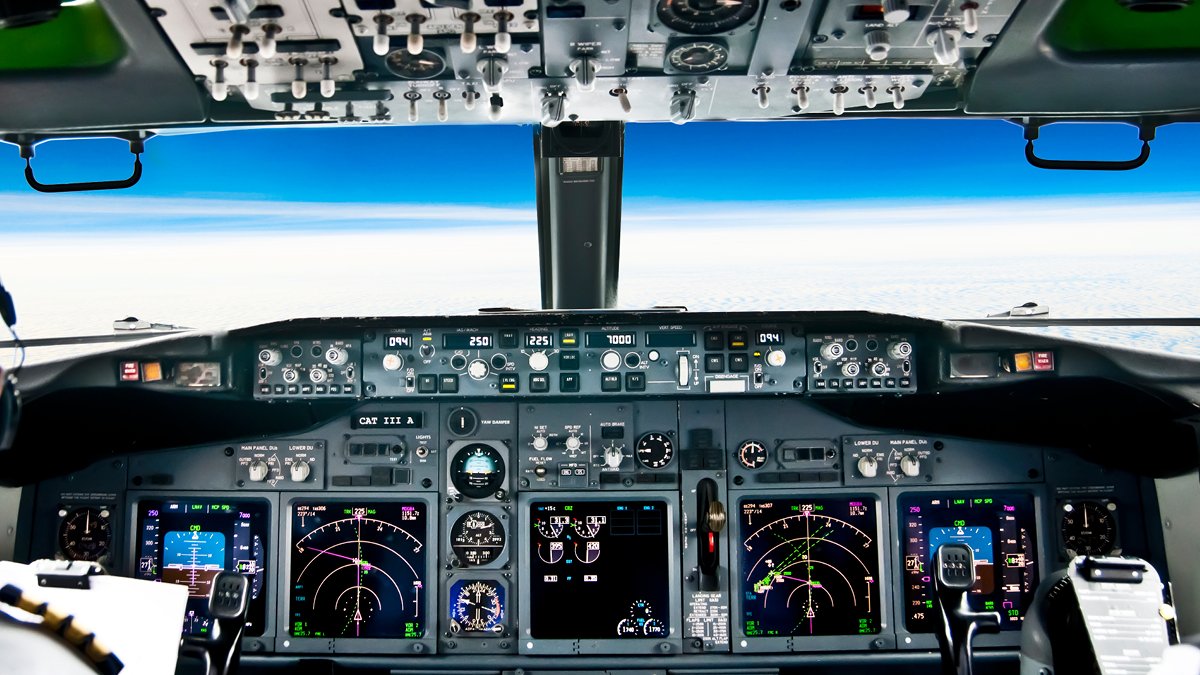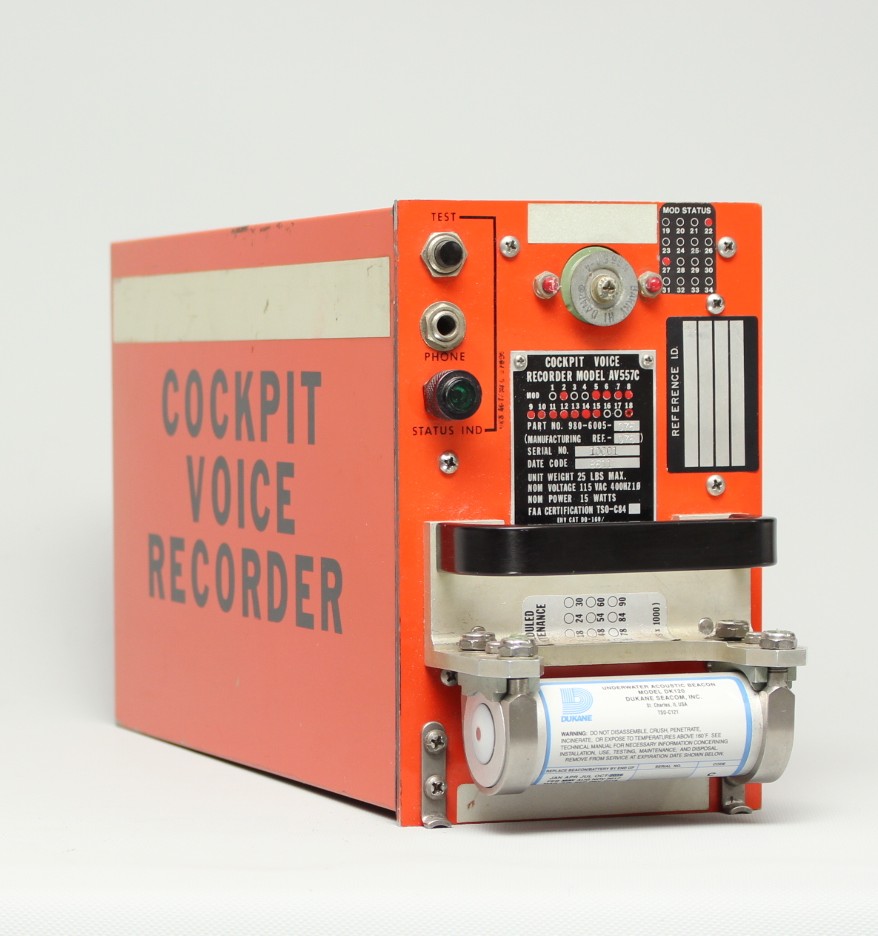


The Federal Aviation Administration (FAA) is proposing to extend the cockpit voice-recording requirement to 25 hours for all newly manufactured aircraft.
The voice recorder captures all transmissions and sounds in the cockpit, including the pilots’ voices and engine noises.
If complied , this would increase the recording time of the cockpit voice recorders from the mandated 2 hours to a proposed 25-hour recording time for all future manufactured aircraft.
This 25 hours compiance would provide accident investigators, aircraft operators, and civil aviation authorities with substantially more cockpit voice recorder data to help find the probable causes of incidents and accidents, prevent future incidents and accidents, and make the FAA’s regulations more consistent with existing international requirements.
“This rule will give us substantially more data to identify the causes of incidents and help prevent them in the future,” said FAA Administrator Mike Whitaker.
The FAA’s authority to issue rules on aviation safety is found in title 49 of the United States Code. Subtitle I, section 106 describes the authority of the FAA Administrator. Subtitle VII, Aviation Programs, describes in more detail the scope of the FAA’s authority.
This rulemaking is issued under the authority described in subtitle VII, part A, subpart III, section 44701. Under that section, the FAA is charged with prescribing regulations providing minimum standards for other practices, methods, and procedures necessary for safety in air commerce.
This regulation is within the scope of that authority since flight data recorders are the only means available to account for aircraft movement and flight crew actions critical to finding the probable cause of incidents or accidents, including data that could prevent future incidents or accidents.

All airplanes or rotorcraft required by this section to have a cockpit voice recorder and flight data recorder, that are manufactured on or after April 7, 2010, must have a cockpit voice recorder installed that also :
The FAA pledged to take action on the issue following the Safety Summit in March 2023 during which more than 200 safety leaders met to discuss ways to enhance flight safety.
This rule would align with regulations set by the International Civil Aviation Organization and European Union Aviation Safety Agency. Current FAA regulations require voice recorders to retain only two hours of data.
This rulemaking effort proposes to amend the cockpit voice recorder (CVR) regulations to increase the recording duration of CVRs. Currently, CVRs are required to retain the last two hours of recorded information.
Once this 2-hour limit is reached, a CVR overwrites the oldest data to maintain a rolling 2-hour recording. This proposal would increase the minimum duration of CVR recordings to 25 hours.
The proposed change would affect all newly manufactured aircraft operating under title 14 of the Code of Federal Regulations (14 CFR) parts 91, 121, 125, and 135, one year after the effective date of the final rule.
The current 2-hour recording duration requirement does not meet the NTSB’s needs for investigations and subsequent safety recommendations.
Since the NTSB issued Safety Recommendation A-18-030, it has investigated numerous accidents and incidents where CVR data relevant to the accident or incident has been overwritten because the relevant recording occurred earlier than the available two hours of recording.
The proposed rule is scheduled to publish in the Federal Register on Monday, December 4, 2023, and the public will have 60 days to comment on the proposal.
You may like to read.....
